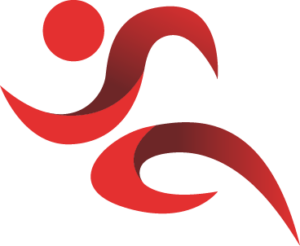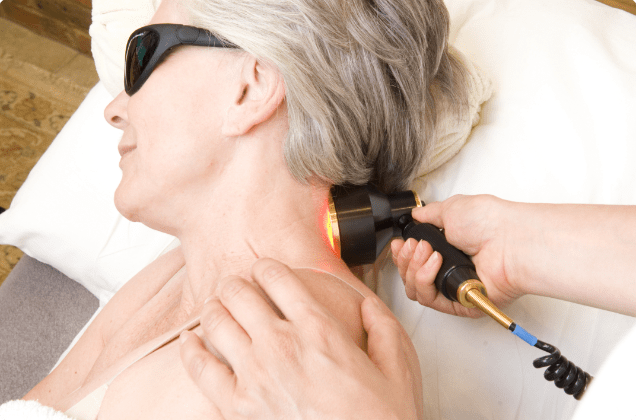Aging is caused by a series of morphological and functional modifications that lead to a decline of muscle function, particularly in females. Muscle tissue in elderly people is more susceptible to fatigue and consequently, to an increased inability to maintain strength and motor control. In this context, therapeutic approaches able of attenuating muscle fatigue have been investigated. Among these photobiomodulation demonstrates positive results which interact with biological tissues, promoting the increase in cell energy production. Thus, the aim of this study was to investigate the effects of photobiomodulation in the fatigue level and muscle performance in elderly women.
Thirty subjects entered a crossover randomised, double-blinded, placebo- controlled trial. Photobiomodulation was delivered on the rectus femoris muscle of the dominant limb immediately before the fatigue protocol. In both sessions, peripheral muscle fatigue was analysed by surface electromyography (EMG) and blood lactate analysis. Muscle performance was evaluated using an isokinetic dynamometer.
The results showed that photobiomodulation was able to reduce muscle fatigue by a significant increase of electromyographic fatigue index and decreasing significantly lactate concentration 6 minutes after the performance of the fatigue protocol, compared the placebo PBM session. It can be concluded that the photobiomodulation was effective in reducing fatigue levels.
Within our treatments here and various other science journals, we find that PBM enhances the strength of muscle tissue and repair of injury, accelerating you healing time. Whether its due to s sports injury, a work injury or a degenerative condition.
You can login and view the full article at the pubmed link:
http://www.ncbi.nlm.nih.gov/pubmed/?term=26714981


